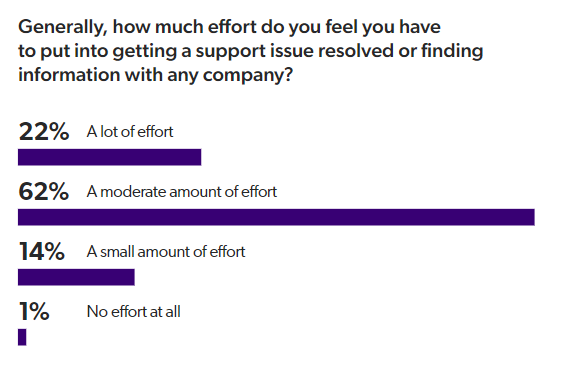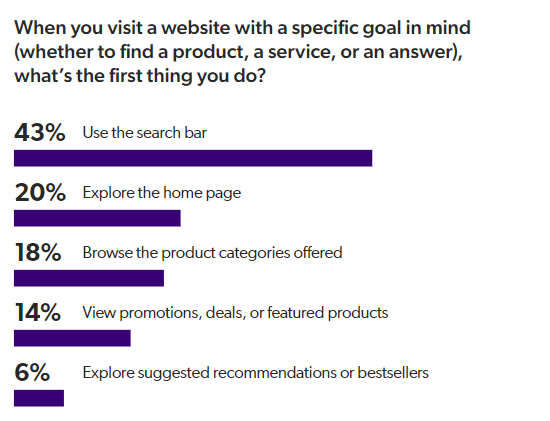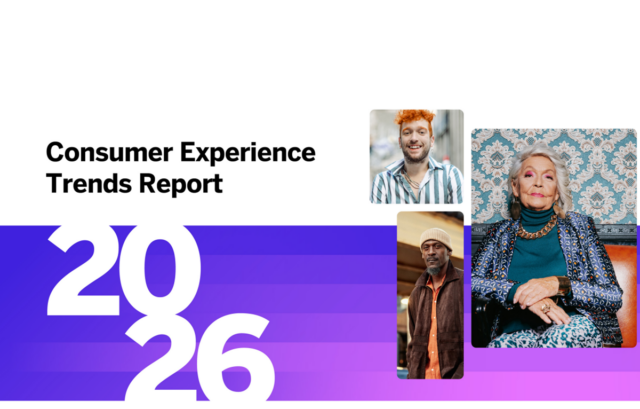April 08, 2025
Digital CX: Is AI solving the customer effort crisis?

How much effort is too much when it comes to winning and retaining customers? Cost is typically the primary metric, but can businesses make whole processes easier and let customers do more of the work in the self-service era?
A new CX Relevance Report, the fifth annual publication from Coveo “Customer Effort Is at an All-Time High – Is Search The Key?” provides a fresh view of the typical customer service journey. It reveals surprising shifts in customer behavior that put brand loyalty at risk. The report also highlights the gap between the promise of AI and the current reality in the drive for seamless customer experiences.
Highlighting customer behaviors, expectations, and areas of frustration, the data is based on a survey of 4,000 US and UK customers. It explores critical trends shaping the customer experience landscape, including the rising cost of effort, the generative AI paradox, and the strategic importance of search.
Self-service and AI are the keys to growth
The report reveals that consumers are turning more to self-service, with a growing demand for instant answers in search results, relevant content recommendations, and AI-guided troubleshooting. Yet, with 84% of customers struggling to find information and 53% citing search as their biggest frustration, the current digital customer experience is falling short.
Similarly, too many people have to put too much effort in to resolve support issues, suggesting that businesses are not using their data correctly to provide the answers in the right format.

“In an era of instant gratification, minimizing customer effort is paramount. Every interaction must minimize friction and maximize relevance,” said Patrick Martin, EVP of global customer experience at Coveo. “This report demonstrates the importance of building a unified and connected customer experience. AI-Search, advanced generative AI capabilities, and robust content strategies are critical to achieving this, empowering customers to effortlessly find the information they need, regardless of channel. These tools can be a game-changer in enhancing customer satisfaction, fostering greater loyalty, lowering cost-to-serve, and driving increased revenue and profitability.”
Ghosting and sharing are increasingly common
Frustrating digital experiences drive “ghosting,” but second chances exist: 72% of customers abandon websites after negative experiences. However, 62% are willing to try again — especially Gen Z and Millennials — by refining searches, using filters, or browsing site categories.
Even though many still go straight to the search bar, customers crave generative search experiences for complex service issues. Some 69% expressing a desire for AI-powered resolutions, 48% want educational tools/guides, and 44% seek AI-powered virtual assistants.

Gen AI-powered digital customer experiences are promising, but hurdles remain with 49% of customers have experienced AI “hallucinations,” leading to widespread skepticism and a 42% rate of fact-checking generated answers.
Gen Z and Millennials are most willing to share data for more personalized experiences: 53% of customers are still willing to share details for better, more personally relevant solutions, a rate that rises among Gen Z and Millennials (60% and 62%, respectively).
The report suggests that “Generative AI remains a paradox. While tools like ChatGPT and AI-driven assistants deliver amazing outcomes, their success depends on reliable data, contextual accuracy, and their ability to integrate seamlessly into customer journeys. Businesses that prioritize relevance and coherence over novelty are gaining an edge.”
As businesses push more channels and options at consumers, the reality is they want a simple way to address common questions, and a smart way to deal with more complex issues. Once businesses align their information CX services with those goals, life will become a lot easier for both CX managers and their customers.



